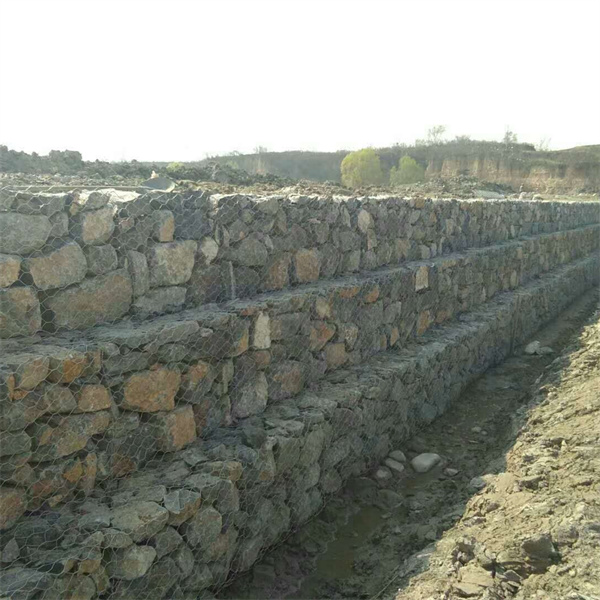נוב . 15, 2024 18:16 Back to list
buy gabion wire gauge
Understanding Gabion Wire Gauge A Guide to Buying the Right Material
When it comes to creating durable and effective gabions, one of the most critical factors to consider is the wire gauge used in the construction of these structures. Gabions, which are wire mesh containers filled with rocks or other materials, are commonly used in civil engineering for erosion control, retaining walls, and landscaping. They offer a sustainable, aesthetically pleasing, and environmentally friendly solution to various engineering problems. However, to ensure the longevity and effectiveness of gabions, selecting the appropriate wire gauge is essential.
What is Wire Gauge?
Wire gauge refers to the thickness of the wire used in gabion construction. The wire gauge is typically measured using the American Wire Gauge (AWG) system or metric equivalents, where a higher number indicates thinner wire, and a lower number indicates thicker wire. For example, a 12 gauge wire is thicker and stronger than a 16 gauge wire. The choice of wire gauge can significantly influence the performance, strength, and durability of gabions.
Why is Wire Gauge Important?
1. Strength and Stability Thicker wires provide better tensile strength and resistance to deformation, making them ideal for structures that will bear heavy loads or withstand forces such as water flow and soil pressure. Using a wire gauge that is too thin can lead to failure under stress, compromising the stability of the entire gabion structure.
2. Corrosion Resistance Gabion wire is often manufactured with coatings, such as PVC or galvanization, to enhance its resistance to corrosion. A thicker wire gauge is typically more durable and can withstand environmental factors better than thinner wires, extending the lifespan of the gabion.
3. Ease of Construction Depending on the wire gauge, the ease of installation can vary. Thicker wires may be more challenging to work with, but they provide enhanced strength. Thinner wires might be easier to handle but can compromise the structural integrity of the gabion if not used appropriately.
buy gabion wire gauge

4. Aesthetic Considerations The wire gauge can also affect the visual aspect of the gabion. Thicker wires tend to create a more robust appearance, while thinner wires can give a more delicate look. Depending on the intended design and purpose of the gabion, the choice of wire gauge can influence both its aesthetic appeal and functionality.
What Gauge Should You Choose?
The optimal wire gauge for gabions typically ranges between 8 to 12 gauge. However, the best choice depends on the intended use of the gabions, the expected loads they will bear, and the environmental conditions they will face. For example
- 8-10 Gauge Ideal for heavy-load applications, such as retaining walls or erosion control in high-flow water areas. These gauges provide excellent strength and stability.
- 11-12 Gauge Suitable for light to medium applications, such as landscaping features and decorative walls. They offer a good balance between strength and ease of installation.
When purchasing gabion wire, ensure that it meets industry standards and specifications, such as the ASTM (American Society for Testing and Materials) guidelines, which can provide additional assurance of quality and performance.
Conclusion
In conclusion, understanding wire gauge is critical when buying gabion wire for your landscaping or civil engineering projects. The right wire gauge can significantly impact the strength, durability, and functionality of your gabion structures. By carefully considering the requirements of your project and selecting the appropriate wire gauge, you can create stable, effective, and aesthetically pleasing gabions that enhance both the functionality and beauty of your landscape. Thus, investing time in researching and understanding gabion wire gauge is a wise step in ensuring the success of your project.
-
Wire Mesh Thickness Impact on Gabion Wall Load Bearing
NewsAug.12,2025
-
Ultimate Guide to Hexagonal Gabion Box
NewsAug.12,2025
-
Types of Rocks for Gabion Baskets Durability and Aesthetics
NewsAug.12,2025
-
Standard Gabion Box Sizes and Their Industrial Applications
NewsAug.12,2025
-
Easy Guide to Building Garden Gabion Cages at Home
NewsAug.12,2025
-
Drainage Solutions for Gabion Mesh Structures
NewsAug.12,2025
-
Visualizing Gabion 3D Integration in Urban Landscapes with Rendering
NewsJul.23,2025






